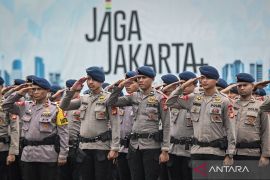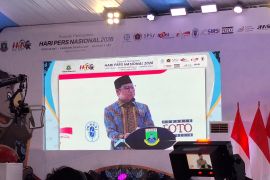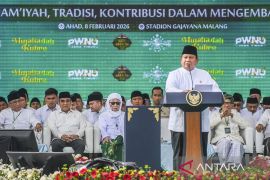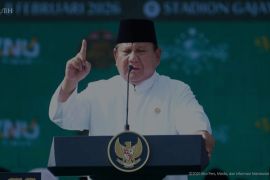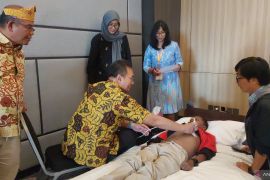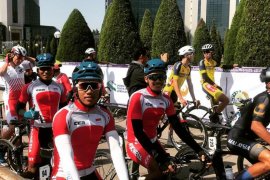"We keep encouraging the government to rehabilitate the habitats of the wild elephants at Balai Raja," Syamsidar, WWF-Riau media relations officer, said here on Thursday.
Syamsidar said that Balai Raja in 1990 covered 16,000 hectares when it was run as a fauna reserve but now it has been much reduced to 120 hectares of secondary forested land.
He also said that even with the remaining area, it was still converted into human settlements and palm oil plantations causing the elephants to become marginalized creating conflicts with human beings.
In a latest incident last week, she said, a wild female elephant and her baby had been made paralyzed by poisoning near a human settlement. Those elephants were in weak condition.
Head of Region III of Riau Nature Resource Agency (BKSDA)B. Hutomo said that that the location where the two elephants had been paralyzed was also a passage of the beasts for a long time.
As more people came to live near the area, the beasts might feel disturbed and fought the human beings from time to time, he added. In last week`s incident, the elephants could become dehydrated as humans kept them away from water sources.
Hutomo said that the agency was trying to cure elephants, and drive them back to their habitats.(*)
(KR-VFT/H-NG/R013)
Editor: Ruslan Burhani
Copyright © ANTARA 2011
